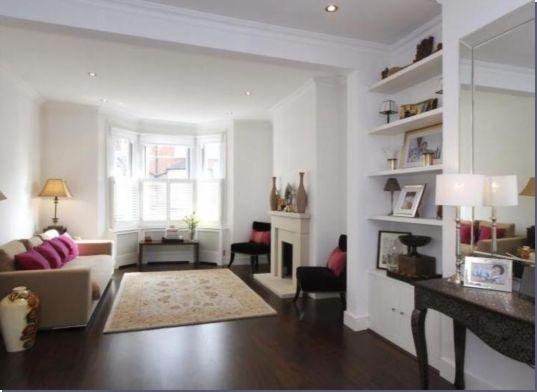With programs such as Homes Under The Hammer – and many other home shows – on our televisions, it’s no surprise that as a nation we seem to have a lot more interest in buying properties at auctions. There are many reasons for people to buy auction properties, ranging from finding a first home to making an investment such as by doing a buy to let. But there are some pretty important things to think about if you are thinking about buying at auction, so I figured I’d start your journey here so you can then do some further research.
Look at the property first
There are so many people who buy a house at auction without actually seeing the property before – inside or out! This can be a dangerous game, as the catalogue might not cover all of the issues that are waiting for you. Is it structurally sound? Is there central heating? Do the windows need replacing? These are all questions to answer as these problems can set you back thousands of pounds. Another benefit of looking at the property is that you can also see the neighbors and meet the neighbors if you are thinking of living there yourself.
Get a quote for any work needed
Once you’ve assessed the house thoroughly, it’s time to get some contractors to let you know how much all of the work will come to. Make sure you get quotes from trusted companies, and seek references before you take anyone on. Look for specialists too; search for the plasterers and professionals in damp proofing London and the rest of the UK has to offer.
Are you able to secure financing?
Next you should think about the money side of the auction property. Are you a cash buyer or will you need a mortgage? Are you able to secure the mortgage in time? Auction houses will often require the buyer to put down a deposit – sometimes quite sizeable – and this will not be refunded if the mortgage falls through by a certain date. Also make sure that the house is actually mortgageable as there are some lenders that will simply not touch.
 Read the legal pack
Read the legal pack
In line with this, you should certainly read the legal pack as it will be full with useful information about the property and any restrictions on it. For example, it might tell you when a lease expires, something that can be quite expensive and time consuming to extend – this can be a shock if you don’t know about it until you buy the property. It will also give you the dimensions of the home and garden, and potentially whether there is planning permission to build on a plot.
Make a ceiling bid and stick to it
Finally on auction day, only go up to your pre-planned bid ceiling. You purposely came up with this number as it wouldn’t be worth your investment otherwise, a couple of thousand pounds might not seem a big deal in the auction room but can make a big difference to your final profit if you are selling the house on.
About the author
James Smith is a property blogger from London, England. He knows about many aspects of auctions including things like leasehold properties to the best damp proofing companies in London.

